Today, the European Commission approved the first package of CAP strategic plans for seven countries: Denmark, Finland, France, Ireland, Poland, Portugal, and Spain. This is an important step for the implementation of the new Common Agricultural Policy (CAP) on 1 January 2023. The new CAP is designed to shape the transition to a sustainable, resilient and modern European agricultural sector. Under the reformed policy, funding will be more fairly distributed to small and medium-sized family farms, as well as to young farmers. Moreover, farmers will be supported to take up new innovations, from precision farming to agro-ecological production methods. By supporting concrete actions in these and other areas, the new CAP can be the cornerstone for food security and farming communities in the European Union.
The new CAP incorporates a more efficient and effective way of working. EU countries will implement national CAP Strategic Plans, combining funding for income support, rural development and market measures. In designing their CAP Strategic Plan, each Member State chose from a wide range of interventions at EU level, tailoring and targeting them to address their specific needs and local conditions. The Commission has been assessing whether each Plan builds towards the ten key CAP objectives, which touch upon shared environmental, social and economic challenges. Hence, the Plans will be in line with EU legislation and should contribute to the EU’s climate and environmental goals, including on animal welfare, as set out in the Commission’s Farm to Fork and Biodiversity strategies.
Agriculture Commissioner, Janusz Wojciechowski, said: “We are now one step closer to implementing a new CAP for the next five years. This step comes at a crucial moment, when the importance of providing robust support for our farming sector has become abundantly clear. Farmers are facing a challenging environment, marked by the sharp increase in production costs due to the Russian aggression in Ukraine, as well as the recent summer drought. Farming is a long-term business and European farmers need to have a clear legal and financial framework for the future. The new CAP will help us to support stable farming livelihoods and long-term food security by fostering a smart, competitive, resilient and diversified agricultural sector. I commend the hard work of the Member States to finalise their Plans and support their agricultural sectors. The Commission will continue to provide guidance to make the best use of what the CAP has to offer for our farmers, rural communities, and our citizens as a whole.”
The CAP will benefit from €270 billion in funding for the 2023-2027 period. The seven Plans approved today represent a budget of over €120 billion, including over €34 billion dedicated exclusively to environmental and climate objectives and eco-schemes. This amount can be used to promote beneficial practices for soil, and to improve water management and grassland quality, for example. The CAP can also promote afforestation, fire prevention, restoration and adaptation of forests. Farmers participating in eco-schemes may be rewarded, inter alia, for banning or limiting the use of pesticides, and limiting soil erosion. Between 86% and 97% of the national utilised agricultural area will be farmed under good agricultural and environmental conditions. Substantial funding will also support the development of organic production, with most countries aiming to double or even triple their farming area. Areas under natural constraints, such as in mountains or on the coast, will continue to benefit from specific funding to maintain an agricultural activity.
In the context of the Russian aggression against Ukraine and the ongoing commodity surge, the Commission invited Member States to exploit all opportunities in their CAP strategic plans to strengthen the resilience of their agricultural sector in order to promote food security. This includes reducing dependence on synthetic fertilisers and scaling up the production of renewable energy without undermining food production, as well as promoting sustainable production methods.
Generational renewal is one of the main challenges facing European agriculture in the coming years. It is essential for the agricultural sector to stay competitive and to increase the attractiveness of rural areas. Specific support to young farmers features prominently in each approved Plan, with over €3 billion that will directly reach young farmers in the seven countries. Rural development funds will support thousands of jobs and local businesses in rural areas, while improving access to services and infrastructure, like broadband. In line with the long-term vision for the EU’s rural areas, the needs of rural citizens will also be addressed by other EU instruments such as the Recovery and Resilience Facility (RRF) or the European Structural and Investment Funds (ESIF).
After having approved the first 7 CAP Strategic Plans, the European Commission remains fully committed to a quick approval of the 21 remaining Plans, taking into account the quality and timeliness of reactions following the Commission’s observations.
Background
The European Commission presented its proposal for the Common Agricultural Policy (CAP) reform in 2018, introducing a new way of working to modernise and simplify the EU’s policy on agriculture. Following extensive negotiations between the European Parliament, the Council of the EU and the European Commission, an agreement was reached and the new CAP was formally adopted on 2 December 2021.
The deadline set by co-legislators for Member States to submit their CAP Strategic Plan was 1 January 2022. After receiving the Plans, the Commission sent observation letters to all of the Member States by 25 May 2022. They were published on the Europa website together with the reactions of all Member States, in line with the transparency principle. A structured dialogue between the Commission services and national authorities resumed thereafter to solve remaining issues and finalise the revised CAP Plans. To be approved, each Plan must be complete and compatible with the legislation, and ambitious enough to deliver on the CAP objectives and EU environmental and climate commitments.
For More Information
Observation letters on CAP Strategic Plans
Artigo publicado originalmente em Comissão Europeia.

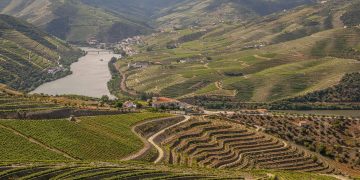

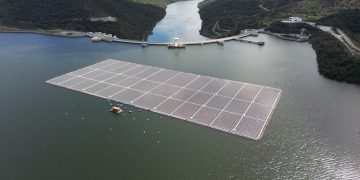

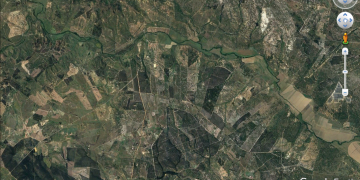

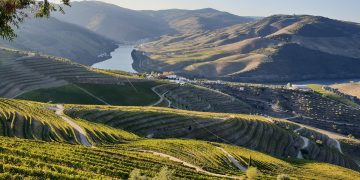











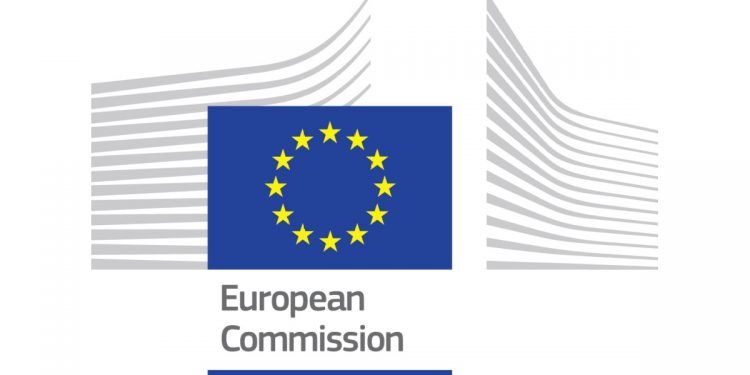
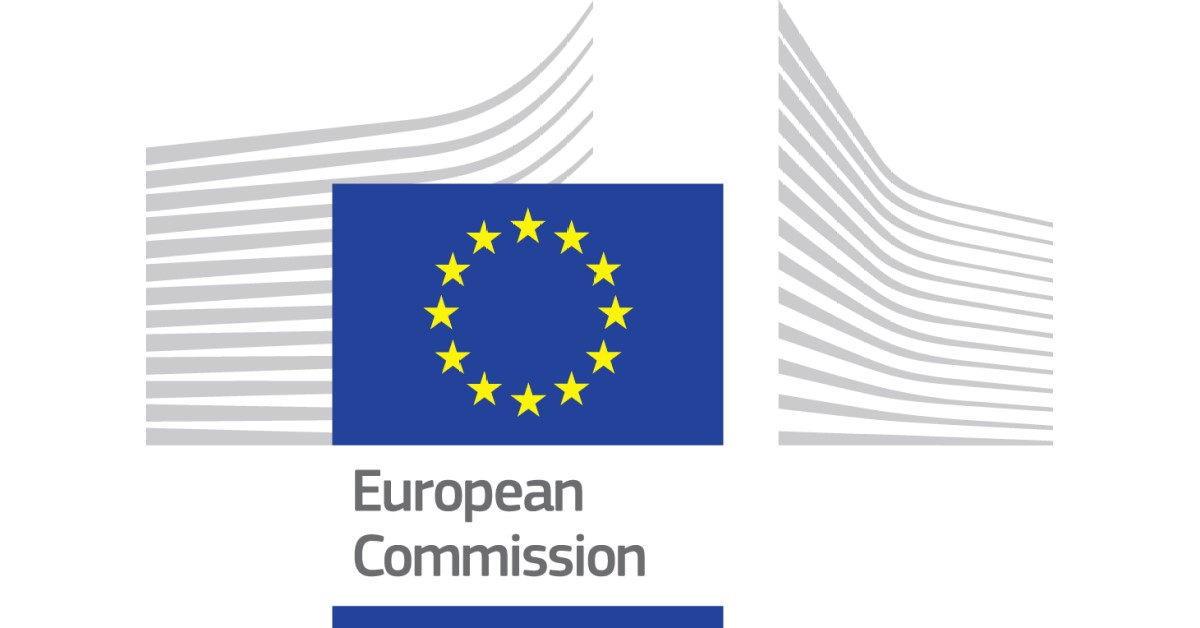
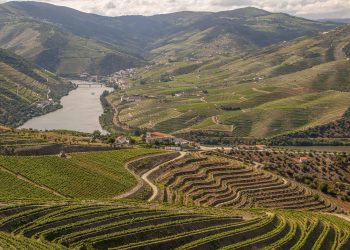
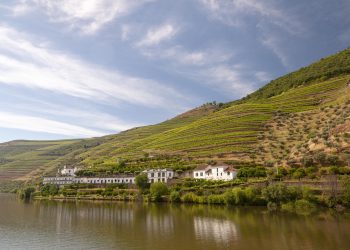




























Discussão sobre este post